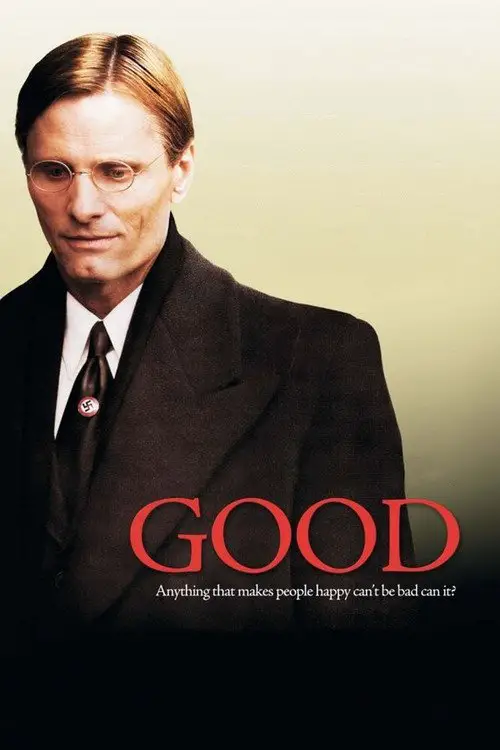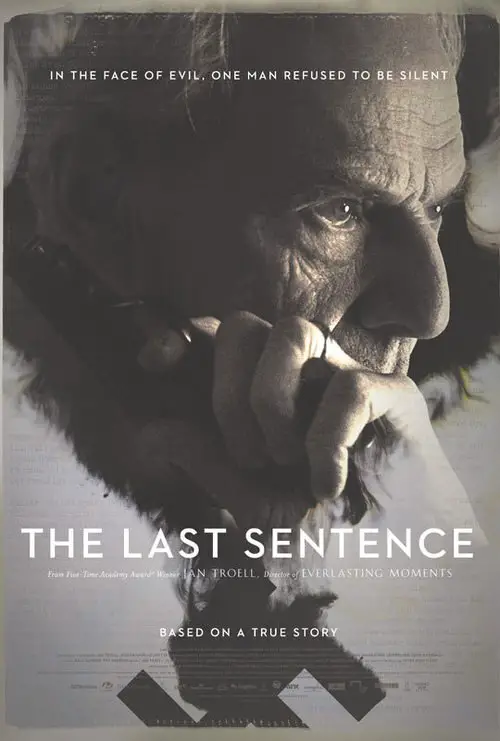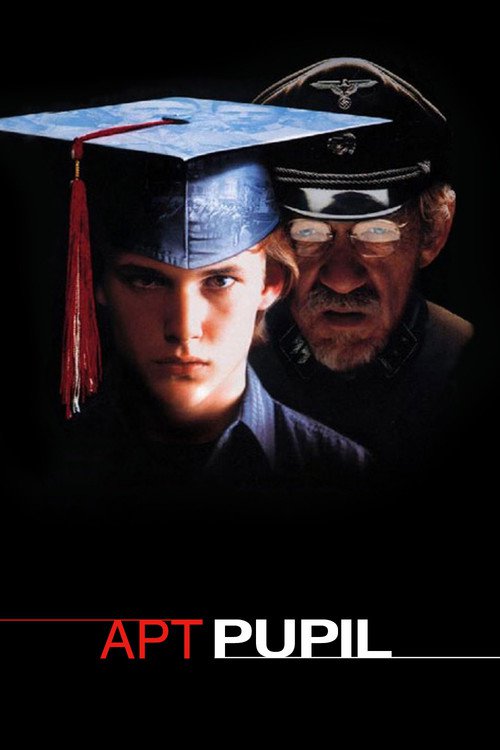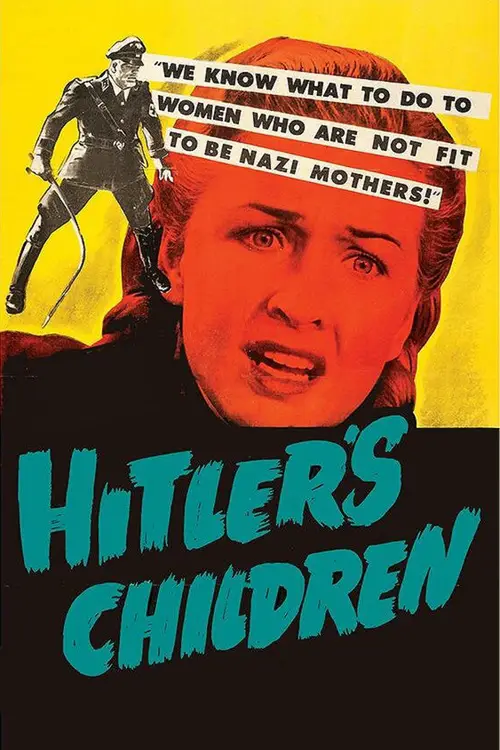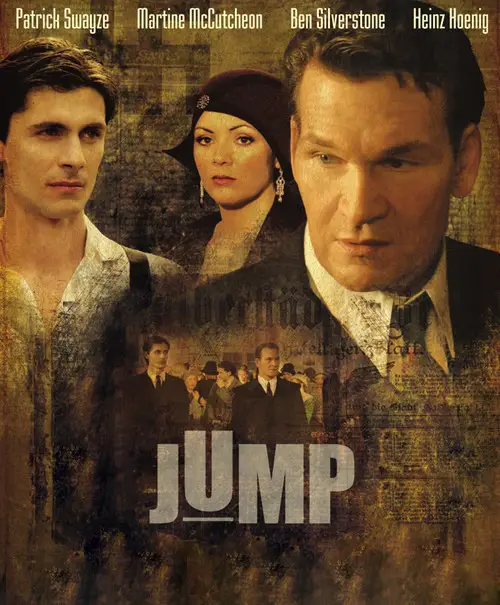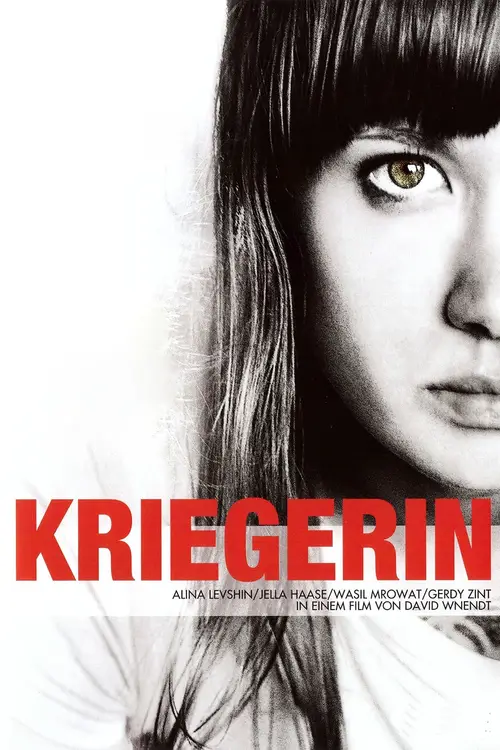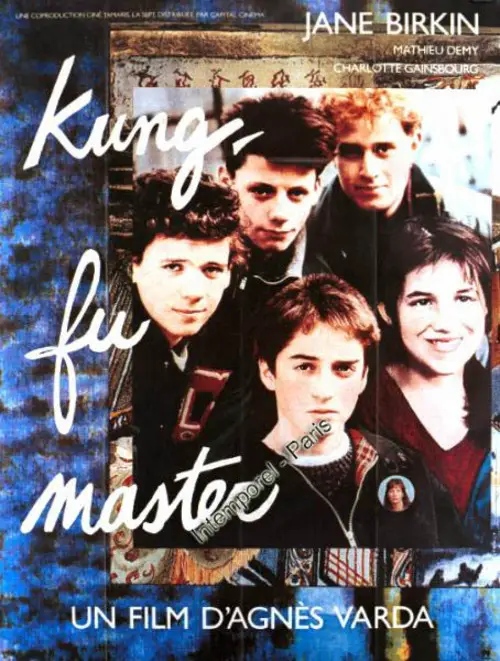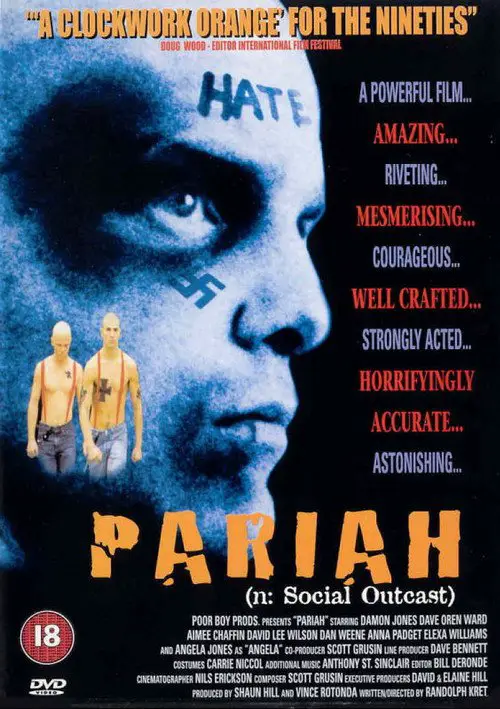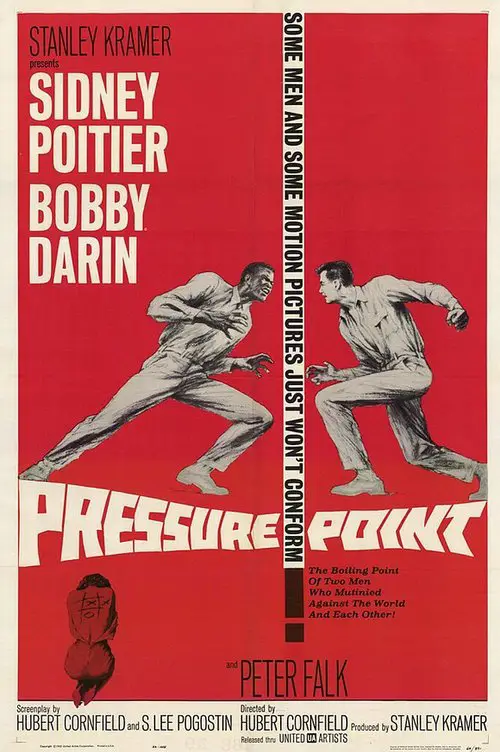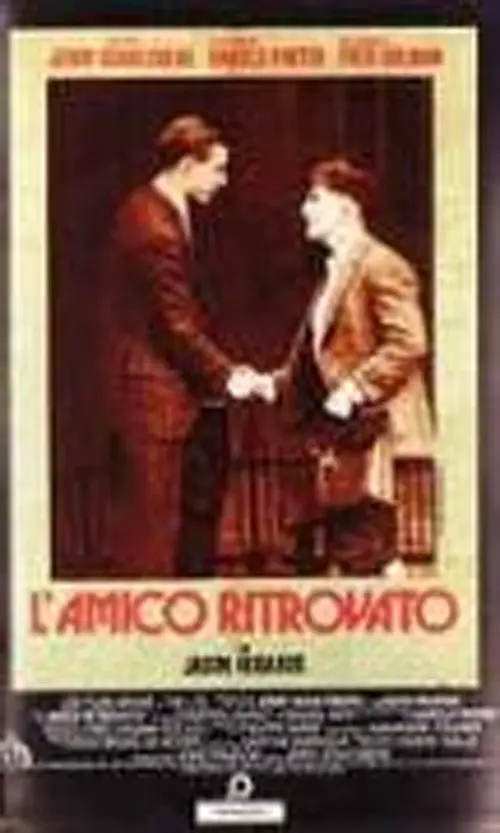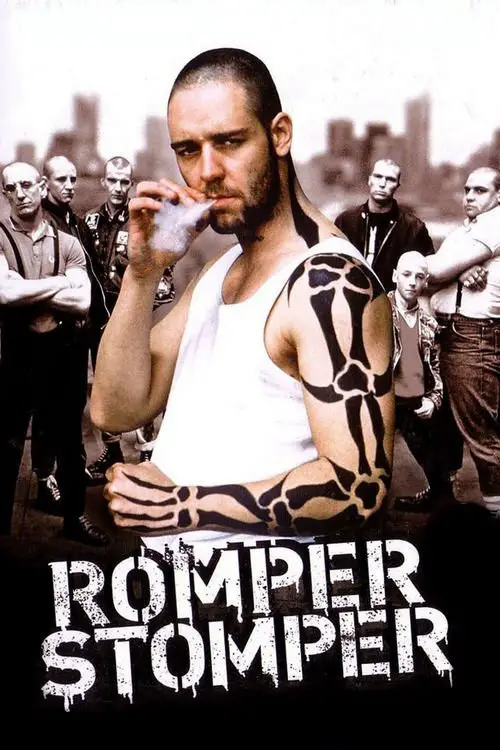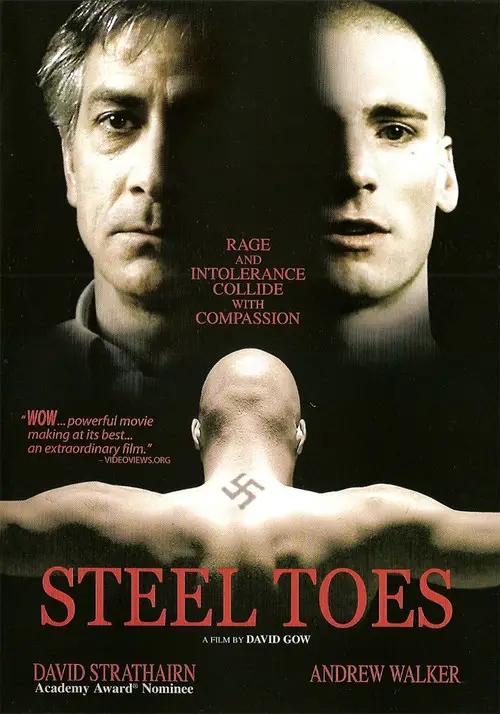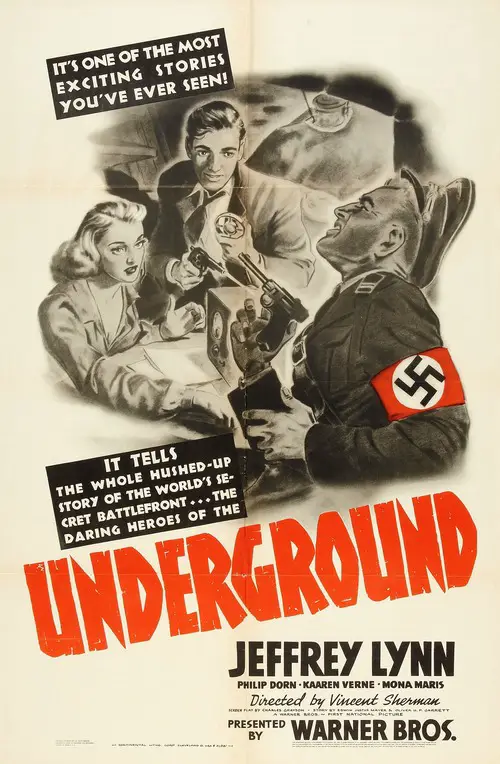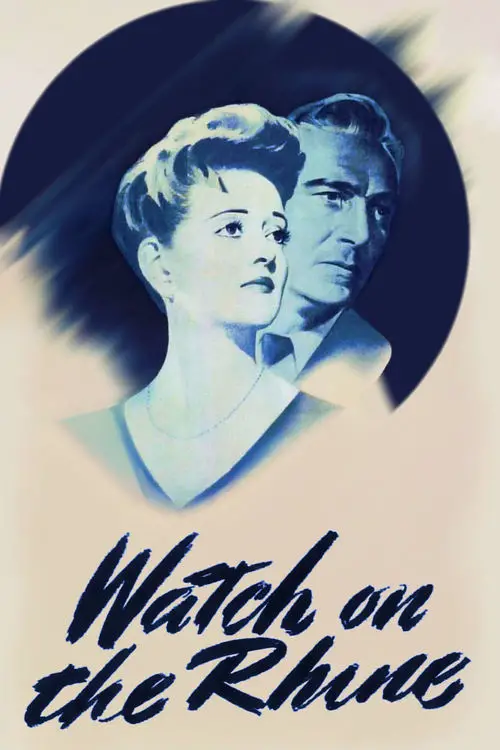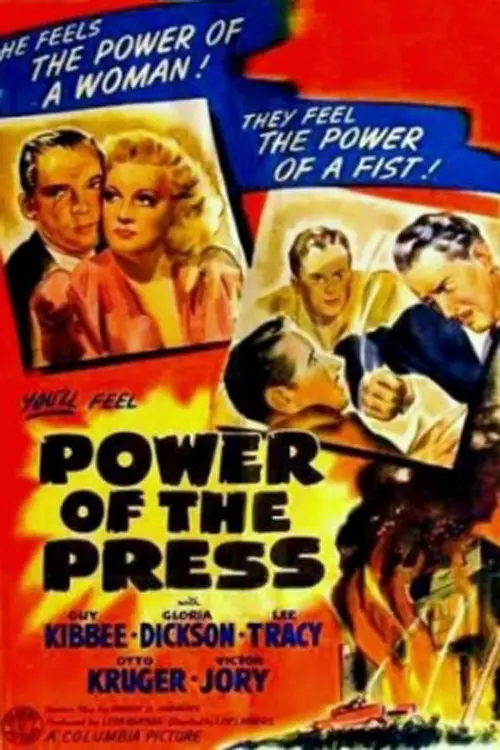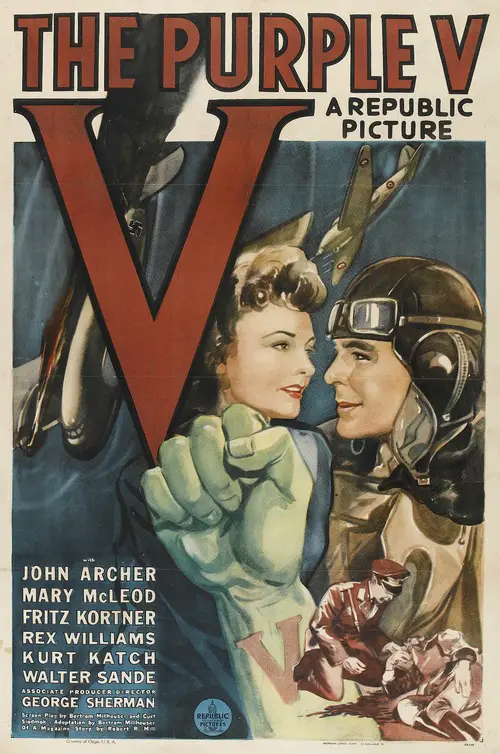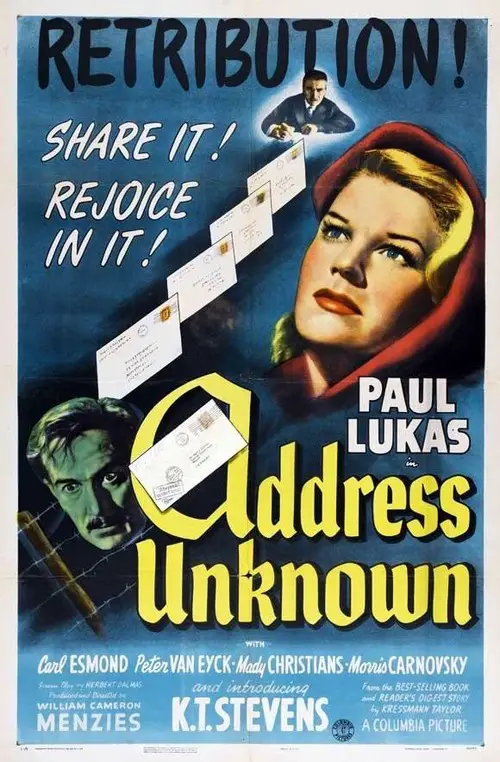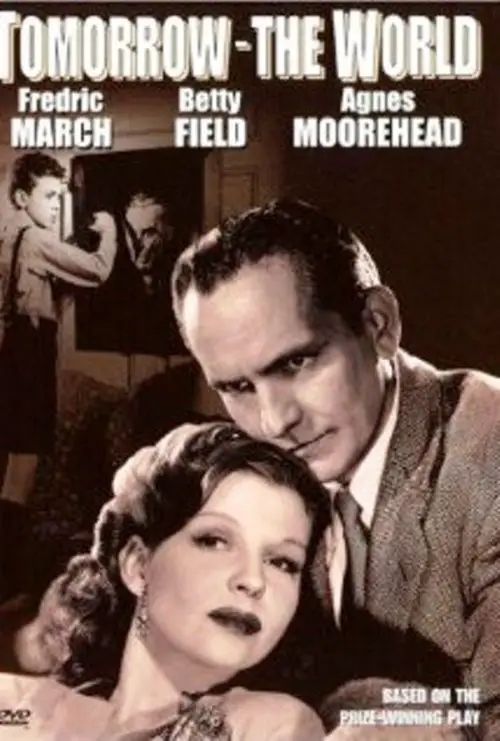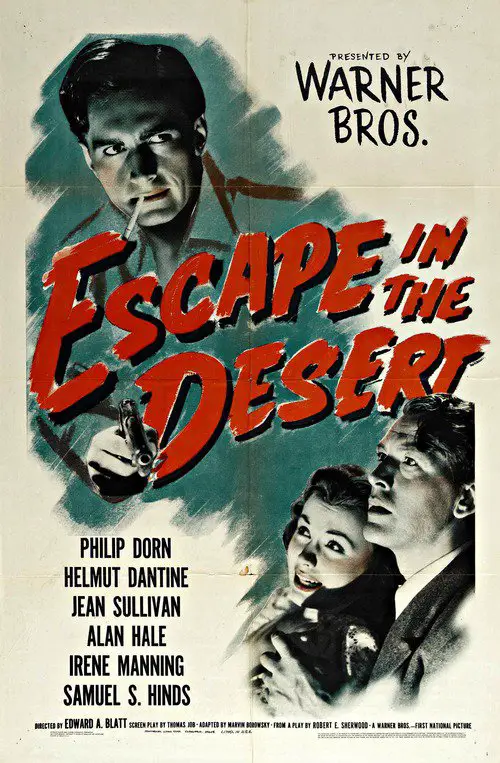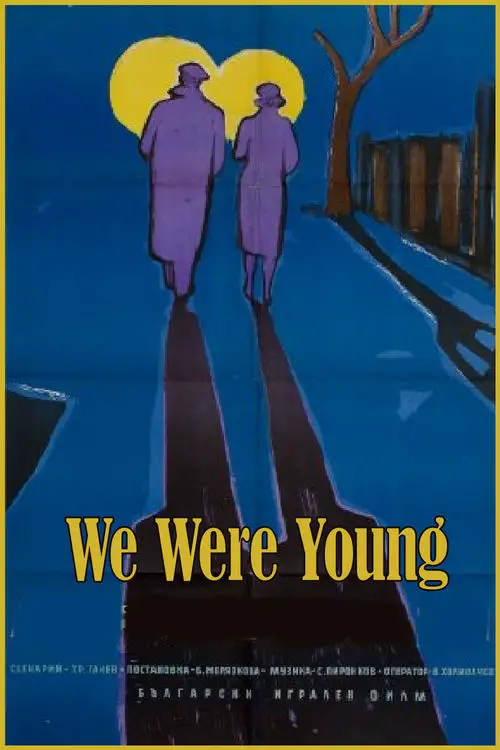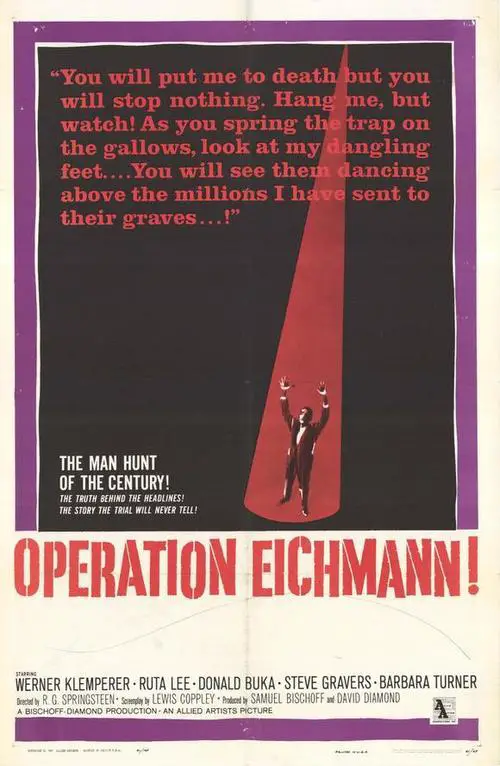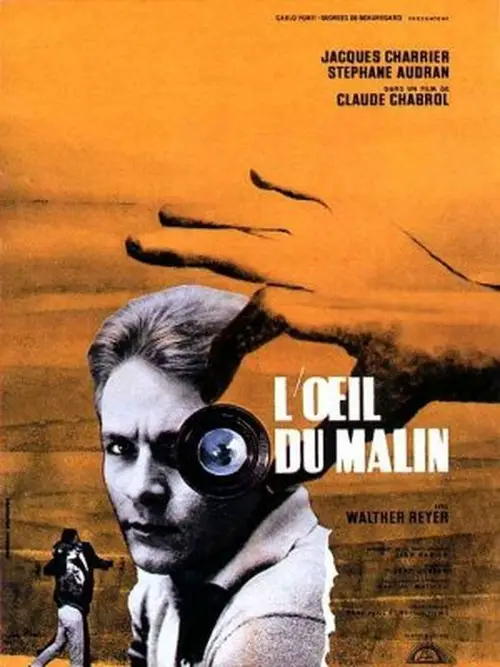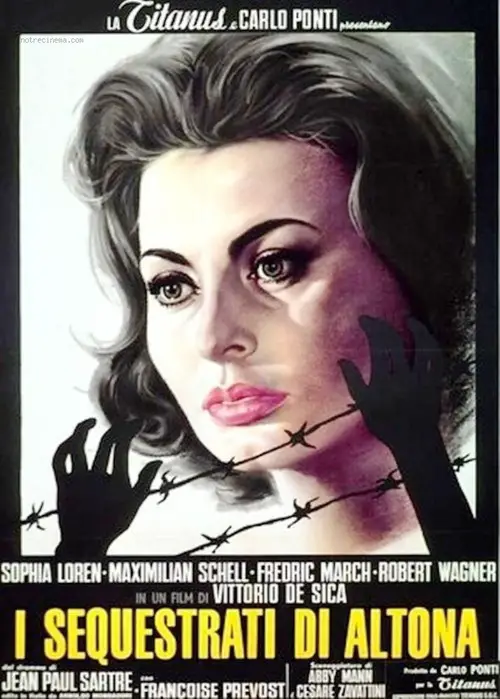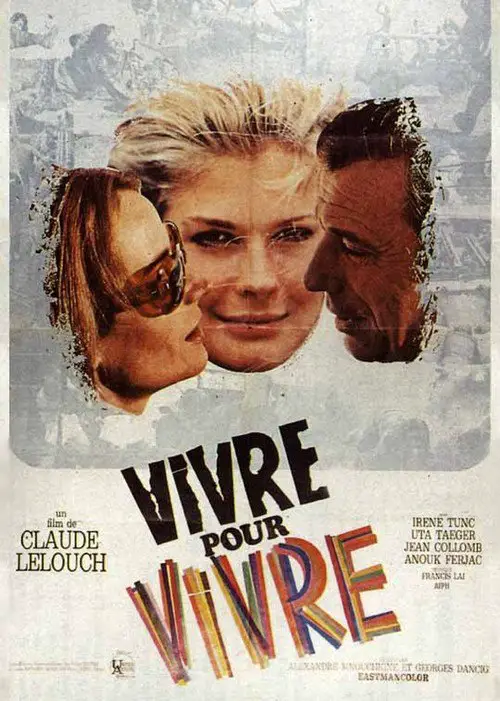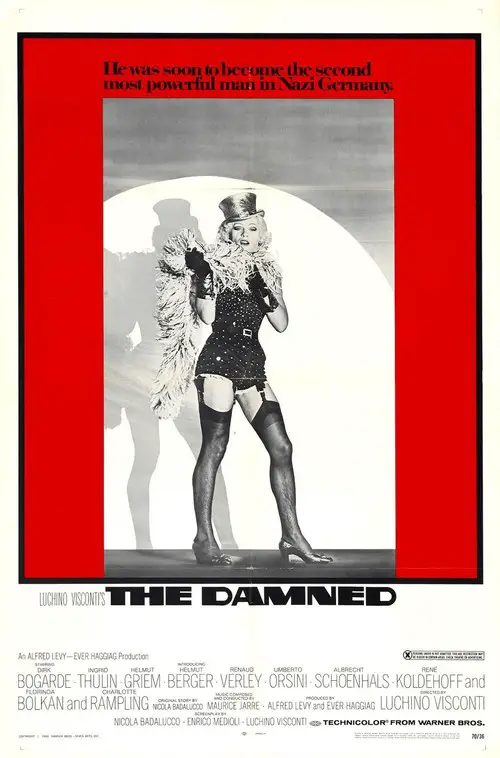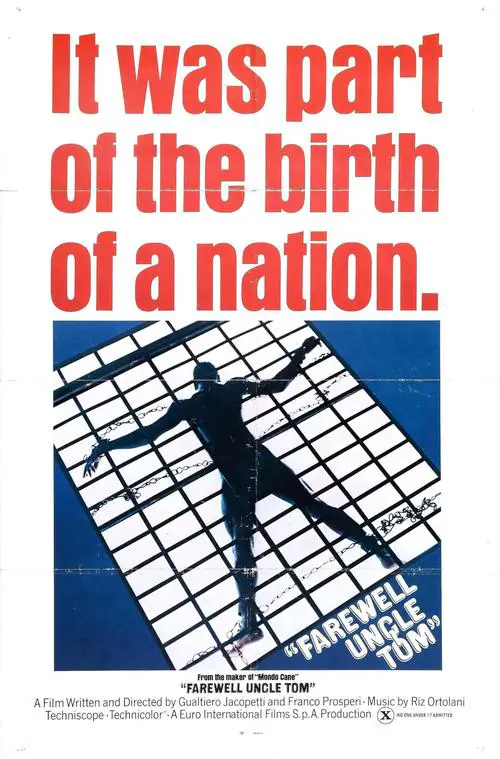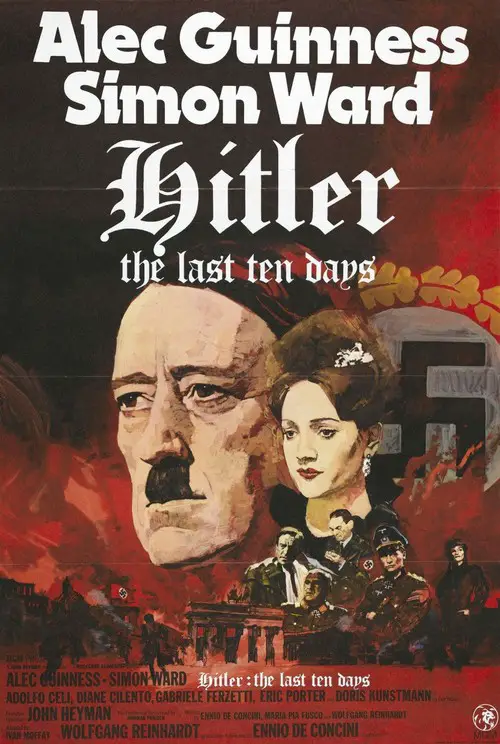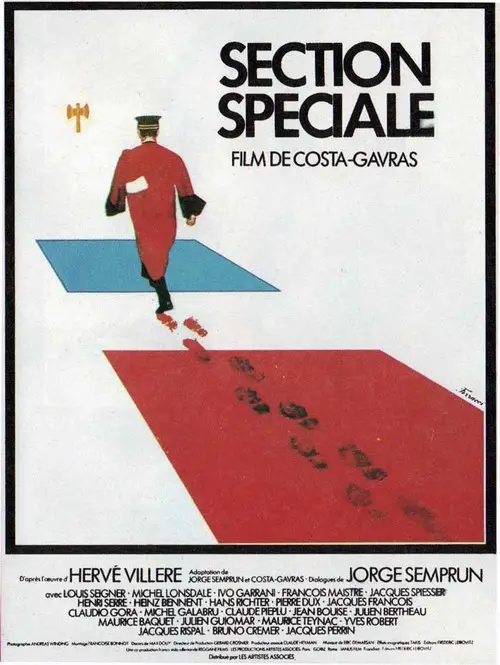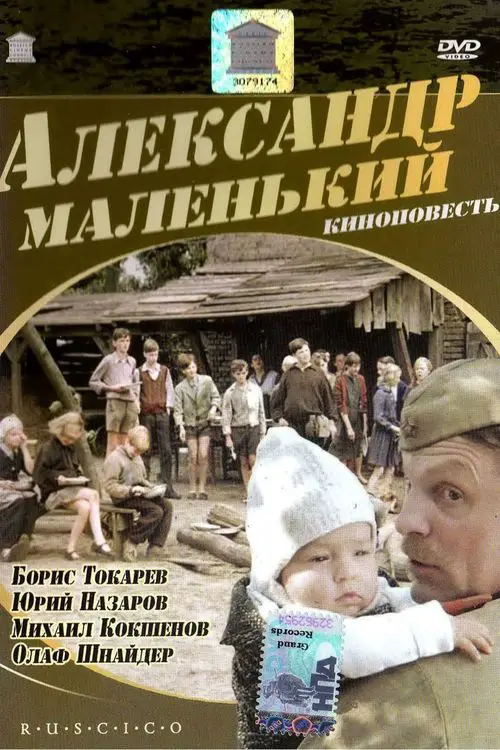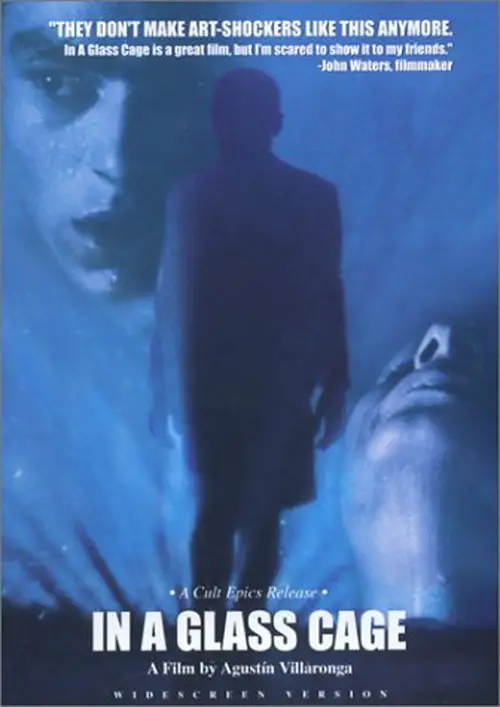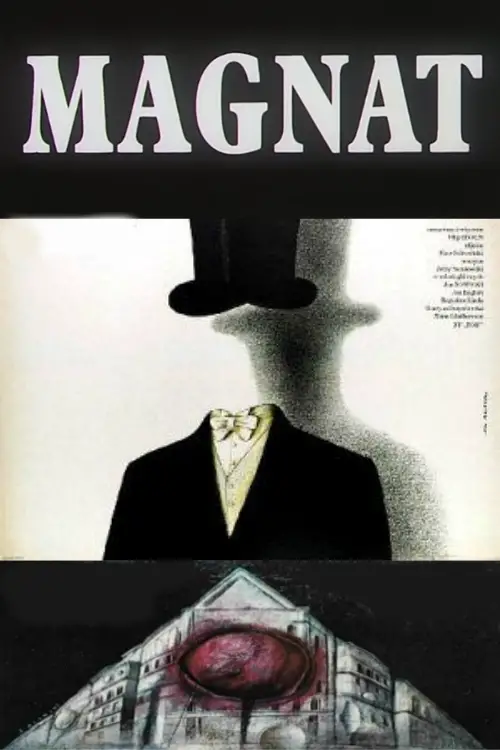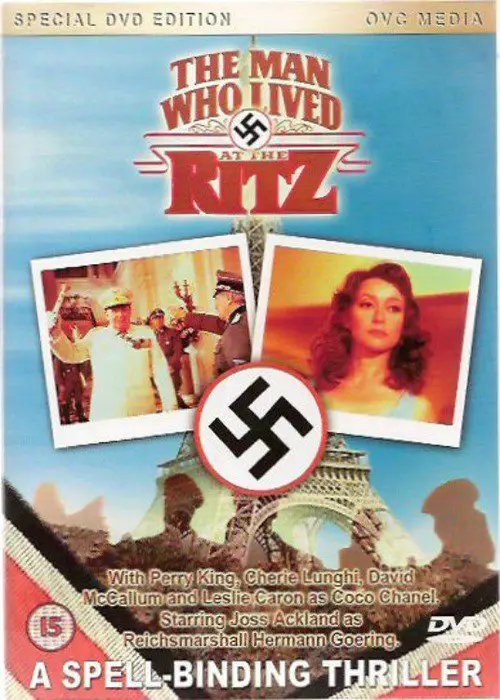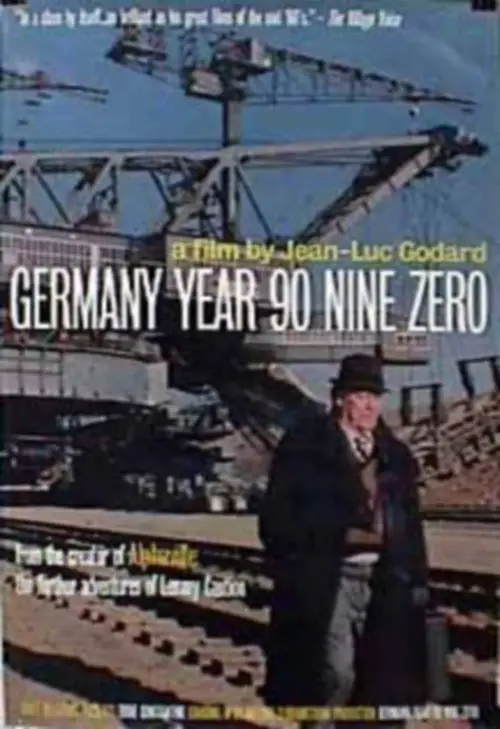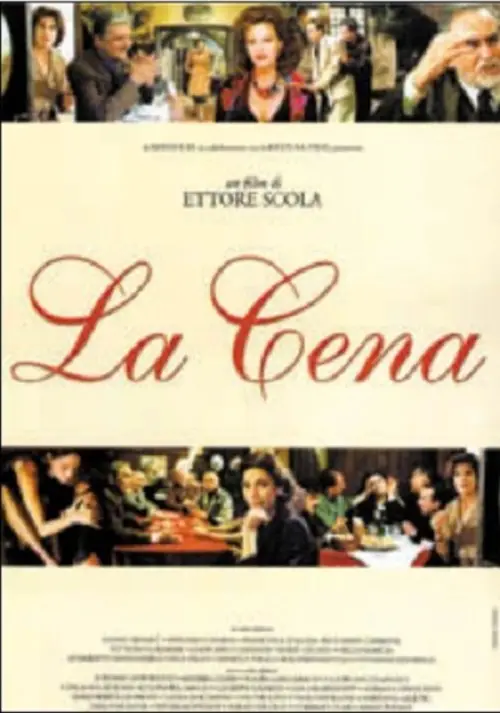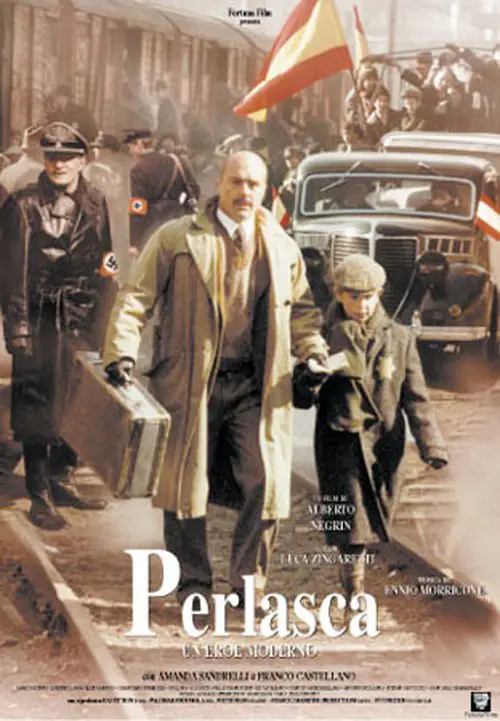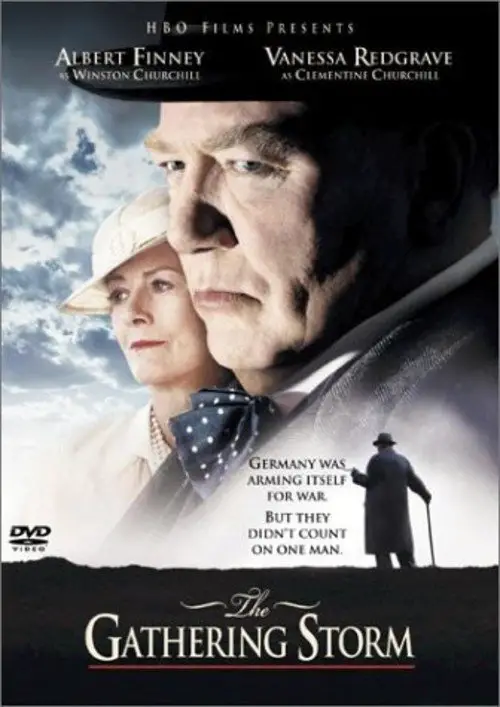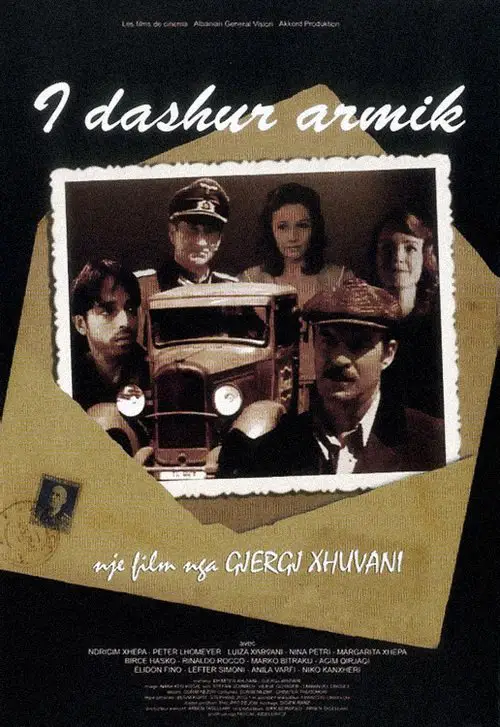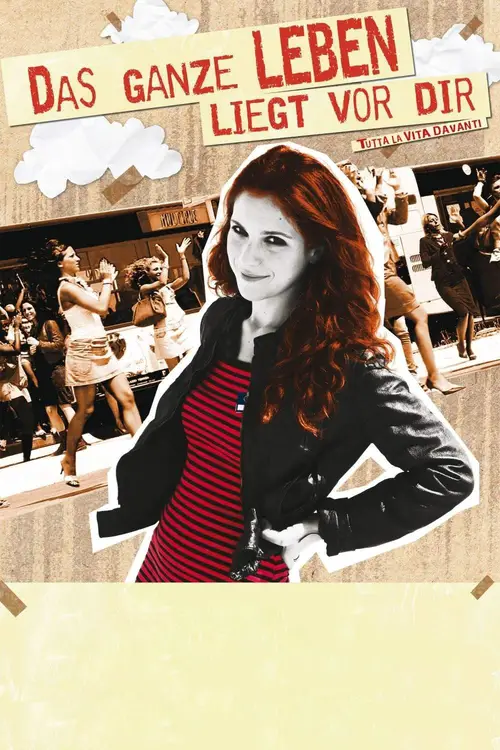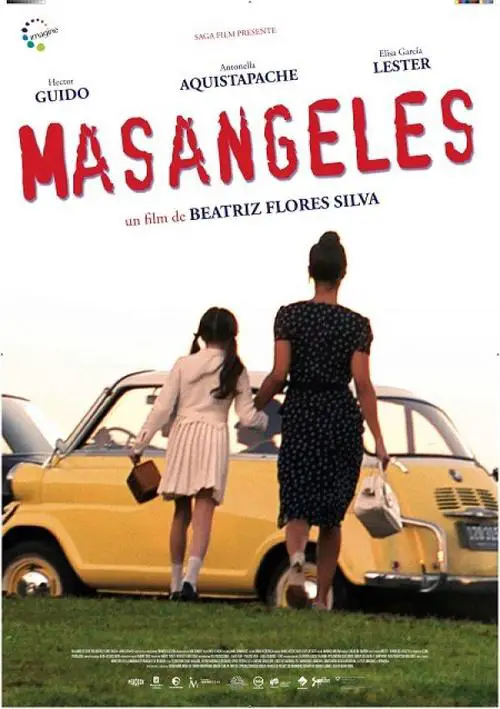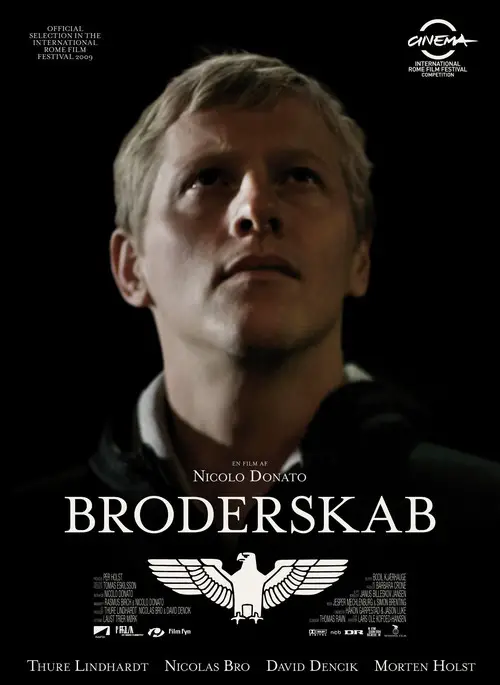The Axe of Wandsbek (1951)
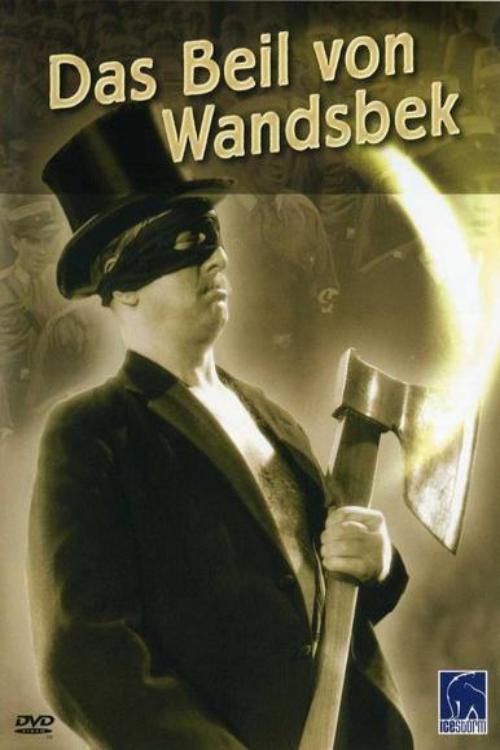
Similar movies
Derek Vineyard is paroled after serving 3 years in prison for killing two thugs who tried to break into/steal his truck. Through his brother, Danny Vineyard's narration, we learn that before going to prison, Derek was a skinhead and the leader of a violent white supremacist gang that committed acts of racial crime throughout L.A. and his actions greatly influenced Danny. Reformed and fresh out of prison, Derek severs contact with the gang and becomes determined to keep Danny from going down the same violent path as he did.
Slovak musicologist Agata Schindlerová, now settled in Dresden, has spent years mapping out the forgotten destinies of Jewish musicians whose lives were irrevocably marked by the advance of nazism. Scenes from the lives of several of them are portrayed in the film In Silence (ballet dancer Alice Flachová, pianist and conductor Karol Ebert, composer, conductor and director of the Dresden Theatre Arthur Chitz, pianist Edith Kraus, and the vocal ensemble Comedian Harmonists), which draws a sharp contrast between the protagonistsâ carefree existence working and making music during the pre-war era and the subsequent severe upheaval in their lives brought on by the proliferation of nazism.
Renowned journalist Torgny Segerstedt declares war against Hitler as he criticizes Swedish politicians who tried to look away from the tyranny of the Nazis with the good excuse of âneutralismâ. His only weapon is his pen and his life is full of gossip such as an affair with his bossâ wife, a love scandal with a secretary younger than his daughter, and the suicide of his wife. However, he continues to fight a one man battle against Hitler and the Nazi regime until his death, throwing the question âCan one person really change history?â to the audience.
Neighborhood boy Todd Bowden (Renfro) discovers that an old man living on his block named Arthur Denker (Mackellan) is nazi war criminal. Bowden confronts Denker and offers him a deal: Bowden will not go to the authorities if Denker tells him stories of the concentration camps in WWII. Denker agrees and Bowden starts visiting him regularly. The more stories Bowden hears, the more it affects him.
JULIA covers the 1930s when Lillian attained fame with the production of her play "The Childrens' Hour" on Broadway. It centers on Lillian's relationship with her friend, Julia. It's a relationship that goes beyond mere acquaintance and one for which the word "love" seems appropriate. While Julia attends the University in Vienna, Lillian suffers through revisions of her play with her mentor and sometimes lover Dashiel Hammett. After becoming a celebrated playwright, Lillian is invited to a writers conference in Russia. Julia, having taken up the battle against fascism, enlists Lillian en route to smuggle money through Nazi Germany which will assist in the Anti-Fascist cause. During a brief meeting with Julia on this trip, Lillian learns that Julia has had a child which is called Lilly.
Marisa, a 20-year-old German girl, hates foreigners, Jews, cops, and everyone she finds guilty for the decline of her country. She provokes, drinks, fights and her next tattoo will be a portrait of Adolf Hitler. The only place she feels home is the Neo-Nazi gang she belongs to, where hate, violence, and heavy parties are the daily rules. When 14-year-old Svenja joins the group, Marisa appears like a role model to her: she fits the purest idea of a combat girl fighting for the group's ideology. But Marisa's convictions will slowly evolve when she accidentally meets a young Afghan refugee. Confronted to him, she will learn that the black and white principles of her gang are not the only way. Will Marisa ever be able to get out of this group?
Veteran French director Agnes Varda's Le Petit Amour is based on a short story by actress/songstress Jane Birkin. Birkin herself plays the main character, a loving but lonely 40-year-old divorcee. Her life is brightened a bit by the presence of a handsome 15-year-old, played by Mathieu Demy. Their romance forms the basis of this "petit" Varda effort, which is also known as Kung Fu Master (now you'll have to see it for yourself!). Shortly after the release of Le Petit Amour, Agnes Varda directed a documentary centering upon Jane Birkin, Jane B par Agnes V.
An interracial couple is attacked and the woman is gang-raped in a random attack. This prompts the woman to commit suicide and the man decides to seek revenge from the inside by joining the gang. However, once inside he learns of the reasons (poverty, social rejection) for their existence and starts developing a kinship until he is asked to kill someone to prove his loyalty.
Nazi skinheads in Melbourne take out their anger on local Vietnamese, who are seen as threatening racial purity. Finally the Vietnamese have had enough and confront the skinheads in an all-out confrontation, sending the skinheads running. A woman who is prone to epileptic seizures joins the skins' merry band, and helps them on their run from justice, but is her affliction also a sign of impurity?
As the Second World War breaks out, German freighter captain Karl Ehrlich is about to leave Sydney, Australia with his vessel, the Ergenstrasse. Ehrlich, an anti-Nazi but proud German, hopes to outrun or out-maneuver the British warship pursuing him. Aboard his vessel is Elsa Keller, a woman Ehrlich has been ordered to return to Germany safely along with whatever secrets she carries. When Ehrlich's fiercely Nazi chief officer Kirchner commits an atrocity, the British pursuit becomes deadly.
Viennese surgeon Dr. Braun and his daughter Leni come to a small town in North Dakota as refugees from Hitler. When the winds of the Dust Bowl threaten the town, John Phillips leads the townsfolk in moving to greener pastures in Oregon. He falls for Leni, but she is betrothed to the man who helped her and her father escape from the Third Reich. She must make a decision between the two men.
A World War II Hollywood propaganda film detailing the dark underside of Nazism and the Third Reich set between two brothers, Kurt and Erik Franken, whom are SS officers in the Nazi party. Kurt learns and exposes the evils of the system to Erik and tries to convince him of the immoral stance that marches under the symbol of the swastika.
Although he's credited only for story, the dialogue has Fuller's headline punch, and of course newspapering was an alternative universe he knew inside out. A publisher whose once-honest New York tabloid has been ideologically hijacked is aiming to make a course correction. Minutes after saying, "The power of the press is the freedom to tell the truth--it is not the freedom to twist the truth," he's a dead man. The rest of the movie deals with the efforts of his old friend, small-town newsman Guy Kibbee, to complete the paper's redemption. Made in mid World War II, the picture angrily and explicitly likens homegrown demagoguery to Nazism--and its condemnation of media organizations "playing on the prejudices of stupid people" has acquired fresh relevance. Otto Kruger and Victor Jory ("a little Himmler") supply the villainy, while Lee Tracy steps up to save the day as a casehardened yellow journalist named Griff.
Yves Montand is Robert Colomb, a famous TV newscaster, married to Catherine (Annie Girardot), but continually unfaithful to her. Then he meets, and becomes fascinated with Candice (Candice Bergen). He takes her along on an assignment in Kenya and later establishes an "arrangement" with her in Amsterdam. He is then assigned to Vietnam, tells Candice their affair is over and discovers that is more than acceptable to her as she as tired of him. Returning from a Vietnamese prison, he decides to return to Catherine, but discovers she has made a new life for herself.
In the early days of Nazi Germany, a powerful noble family must adjust to life under the new dictatorship regime. The transition from democracy to dictatorship is thus dramatized through the lives of the family which also owns a powerful German industrial firm. Through such characters as a German Baron, a child molester, a Nazi Storm Trooper, an innocent man framed for murder, and a Captain in the German SS, "Damned" thus shows how so called "German Upper Class Nobility" first resented Adolf Hitler, then accepted him, and at last embraced him.
In late 1930s Ferrara, Italy, the Finzi-Continis are a leading family: wealthy, aristocratic, and urbane; they are also Jewish. Their adult children, Micol and Alberto, gather a diverse circle of friends for tennis and parties at their villa with its lovely grounds, and try to keep the rest of the world at bay. But tensions between them all grow as anti-Semitism rises in Fascist Italy, and even the Finzi-Continis will have to confront the Holocaust.
Professor Nishiyama, after studying and interpreting the prophecies of Nostradamus, realizes that the end of the world is at hand. Unfortunately, nobody listens to him until it is too late. As the effects of mankind's tampering of the earth - radioactive smog clouds, hideously mutated animals, destruction of the ozone layer - rage out of control, the world leaders hurtle blindly toward the final confrontation.
Oskar Matzerath, son of a local dealer, is a most unusual boy. Equipped with full intellect right from his birth he decides at his third birthday not to grow up as he sees the crazy world around him at the eve of World War II. So he refuses the society and his tin drum symbolizes his protest against the middle-class mentality of his family and neighborhood, which stand for all passive people in Nazi Germany at that time. However, (almost) nobody listens to him, so the catastrophe goes on...
A man's story parallels Hitler's rise. Austrian Klaus Schneider, wounded in World War I, recovers in the care of Dr. Emil Bettleheim. Bettleheim discovers that Schneider possesses powers of empathy and of clairvoyance, such that could aid suicidal patients. After the war, with one friend as his manager and another as his lover, Schneider changes his name to Eric Jan Hanussen and goes to Berlin, as a hypnotist and clairvoyant performing in halls and theaters. He always speaks the truth, which brings him to the attention of powerful Nazis. He predicts their rise (good propaganda for them) and their violence (not so good). He's in pain and at risk. What is Hanussen's future?
An evening at an Italian restaurant. Hosted by tolerant and relaxed Flora, various parties of middle-class people come in -- large and small, young and old, regulars and tourists, married and single -- to dine, converse, argue, celebrate, make confessions; to overhear other people's discussions, to interrupt them, to sing, listen to music, and enjoy life. The camera, just like the people, moves constantly from table to table, into the kitchen and the back room to observe the staff's petty jealousies and frustrations -- until two hours later it's time for everybody to go home.
It is the real story of Giorgio Perlasca (Luca Zingaretti). During the 1920s he was an Italian Fascist supporter, fighting in Africa an in the Spanish civil war where he deserved a safe conduct for Spanish embassies. After some years, disillusioned by fascism, he is a fresh supplier for the Italian army. In the war years he is in Budapest for his business. He lives an easy life there, well introduced into the Hungarian high society, without any problem coming from the war situation. When the Nazi occupied Hungary, in 1944, instead to leave (Italy had already surrendered to the Allies) he escaped to the Spanish embassy in Budapest using his old safe conduct and becoming a Spanish citizen, changing name into Jorge Perlasca. He starts working as a diplomat here. When Sanz Briz (Geza Tordy), the Spanish consul, is removed, Perlasca immediately substitutes him, like if he was officially appointed from Spanish authorities... Written by 1felco
True story of Germany's most famous anti-Nazi heroine brought to thrilling, dramatic life. Sophie Scholl stars Julia Jentsch in a luminous performance as the fearless activist of the underground student resistance group, The White Rose. Armed with long-buried historical records of her incarceration, director Marc Rothemund expertly re-creates the last six days of Sophie Scholl's life.
The year is 1945 and the "last of the Jews" are being "evacuated" from Berlin. They are locked in cattle cars with no food and little water. During the trip several of the characters are drawn out and vignettes of their lives are highlighted to restore some humanity to their animal existence aboard the train. The suffering and agony is palpable. Some parts can be watched in double speed as they are just just filler. If you exclude the final theatrical device thrown in at the end, the movie is worth watching for it's historical relevance.
In the Swedish city of Lethe, people from different walks of life take part in a series of short, deadpan vignettes that rush past. Some are just seconds long, none longer than a couple of minutes. A young woman (Jessica Lundberg) remembers a fantasy honeymoon with a rock guitarist. A man awakes from a dream about bomber planes. A businessman boasts about success while being robbed by a pickpocket and so on. The absurdist collection is accompanied by Dixieland jazz and similar music.
The vicissitudes of a newly graduated girl in the universe of the precarious work. Marta is a well- educated girl; she is curious and silent one, which finds work in the call center of a company that sells a futuristic appliance. So she finds out a new fantastic world formed by young telephone operator and fanatic seller, corporate jingle, motivational dance, prize giving, ovation and penance. A bittersweet picture of modern society narrated through the eyes of a funny young philosopher
Aurelio Saravia is a powerful politician who holds office in Uruguay in the mid-1960's. When Aurelio's mistress kills herself, he adopts their illegitimate daughter Masangeles despite the stern objections of his wife Aurora. Masangeles finds herself growing up in a home ruled by a corrupt and self-centered tyrant and his manic colleagues while Uruguay teeters on the brink of civil war as bands of revolutionaries battle government militias. When she turns fourteen, Masangeles discovers a secret passageway in their home that leads to sanctuary in a nearby church which also serves as a storehouse for guns and ill-gotten cash. Teenage Masangeles falls in love with Santiago, her stepbrother who has joined the rebels fighting against the state, and she persuades him to take her virginity.
© Valossa 2015–2026
| Privacy Policy


